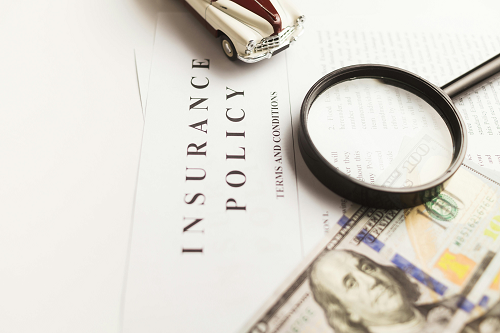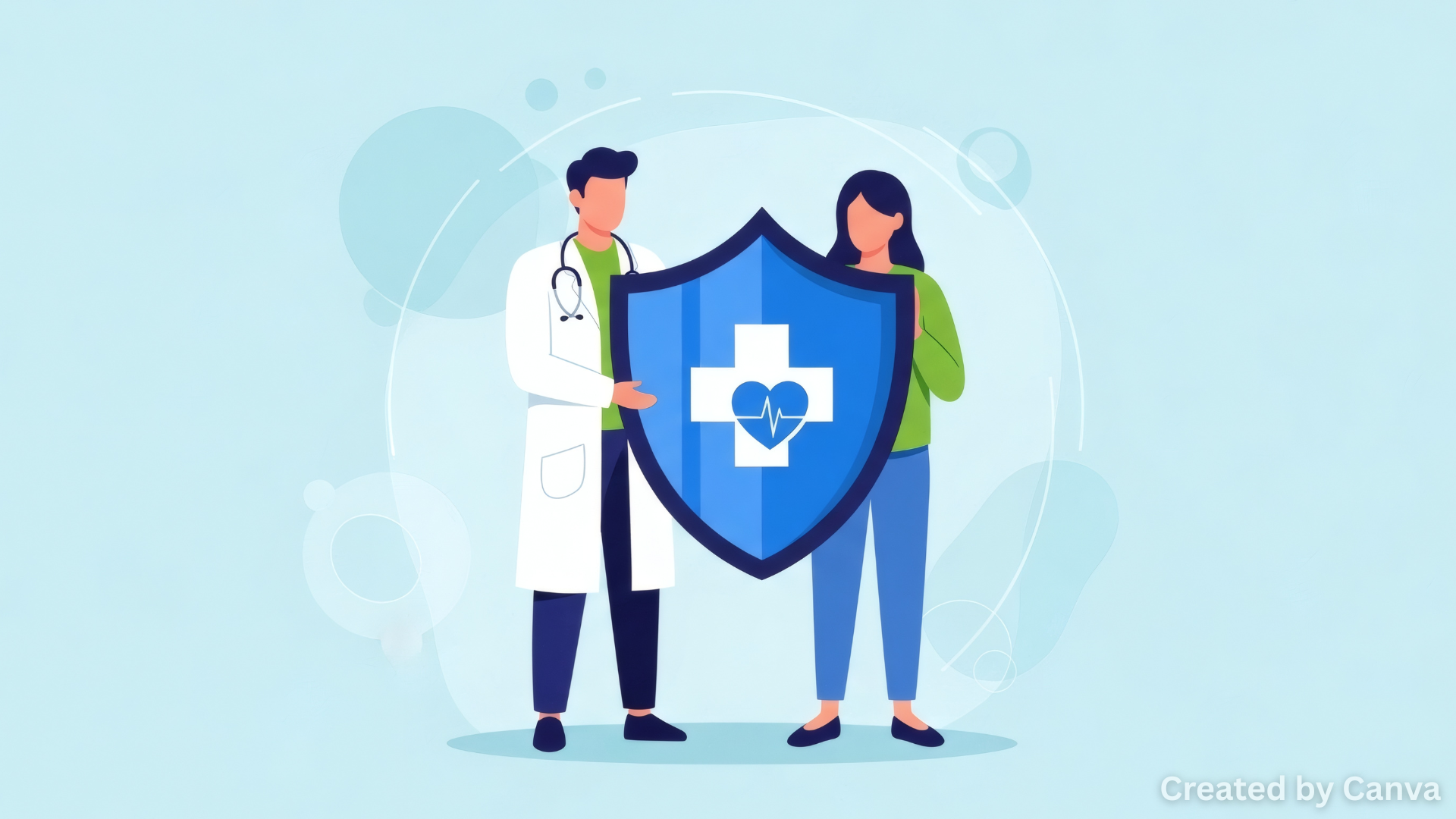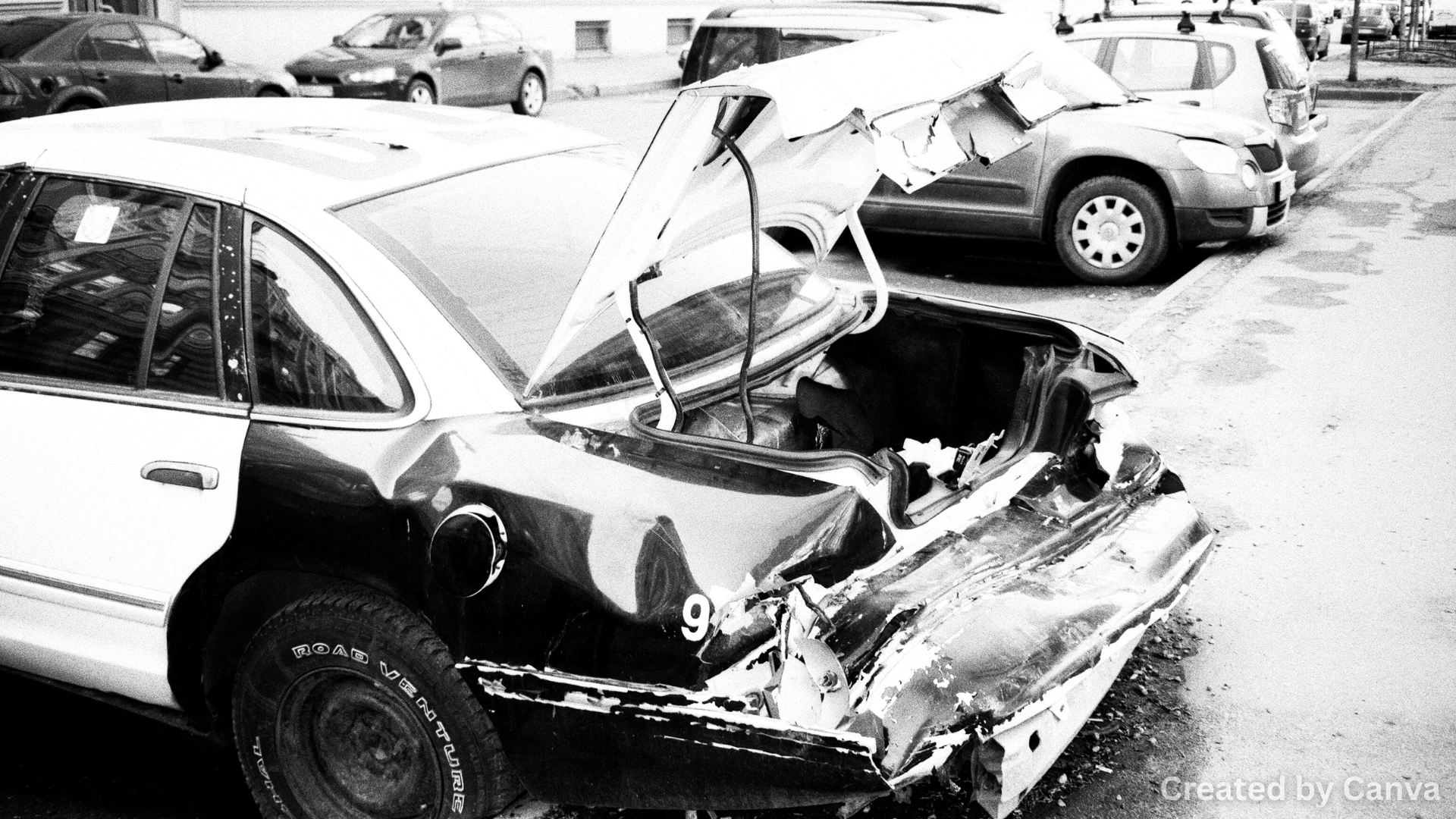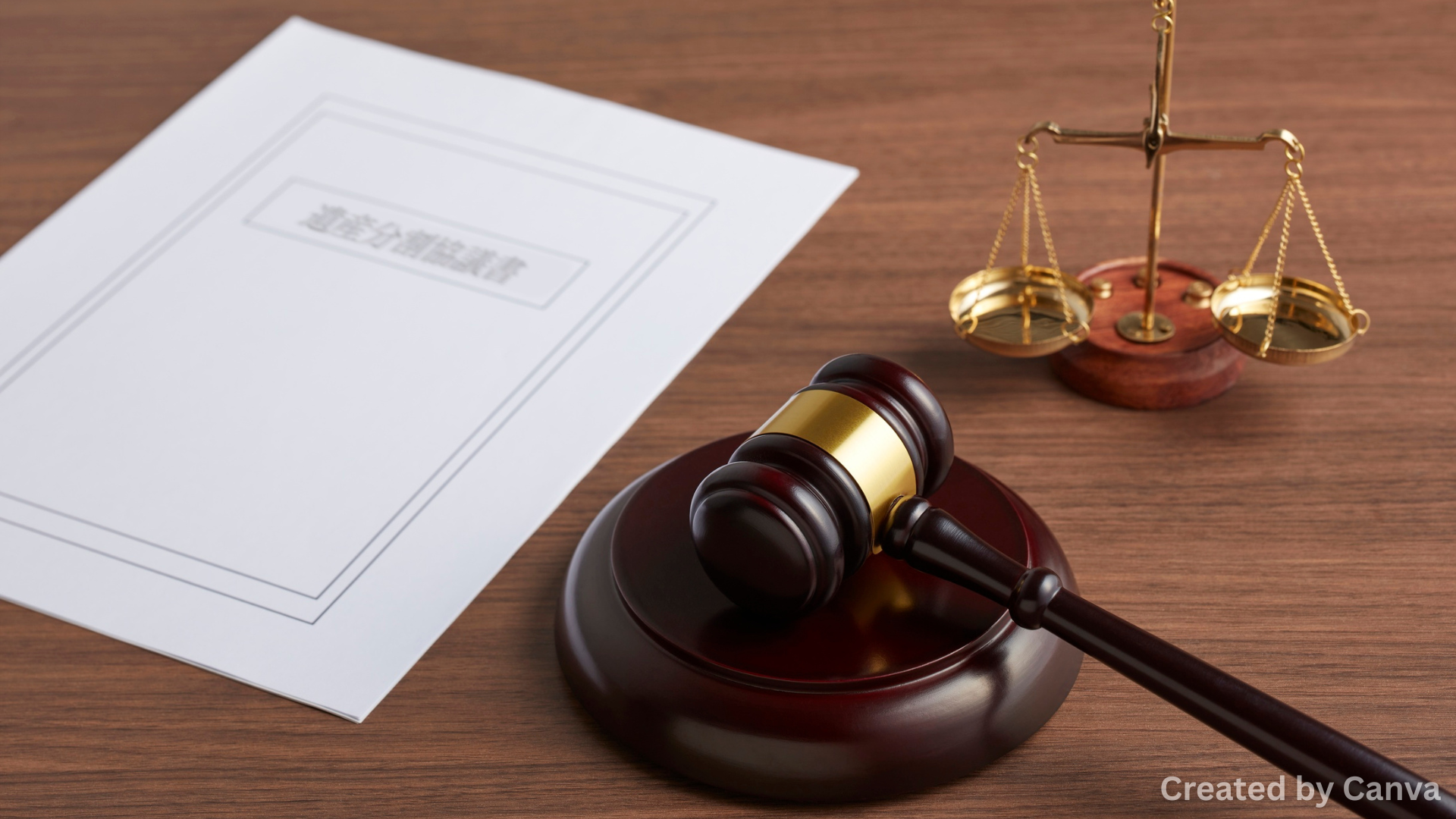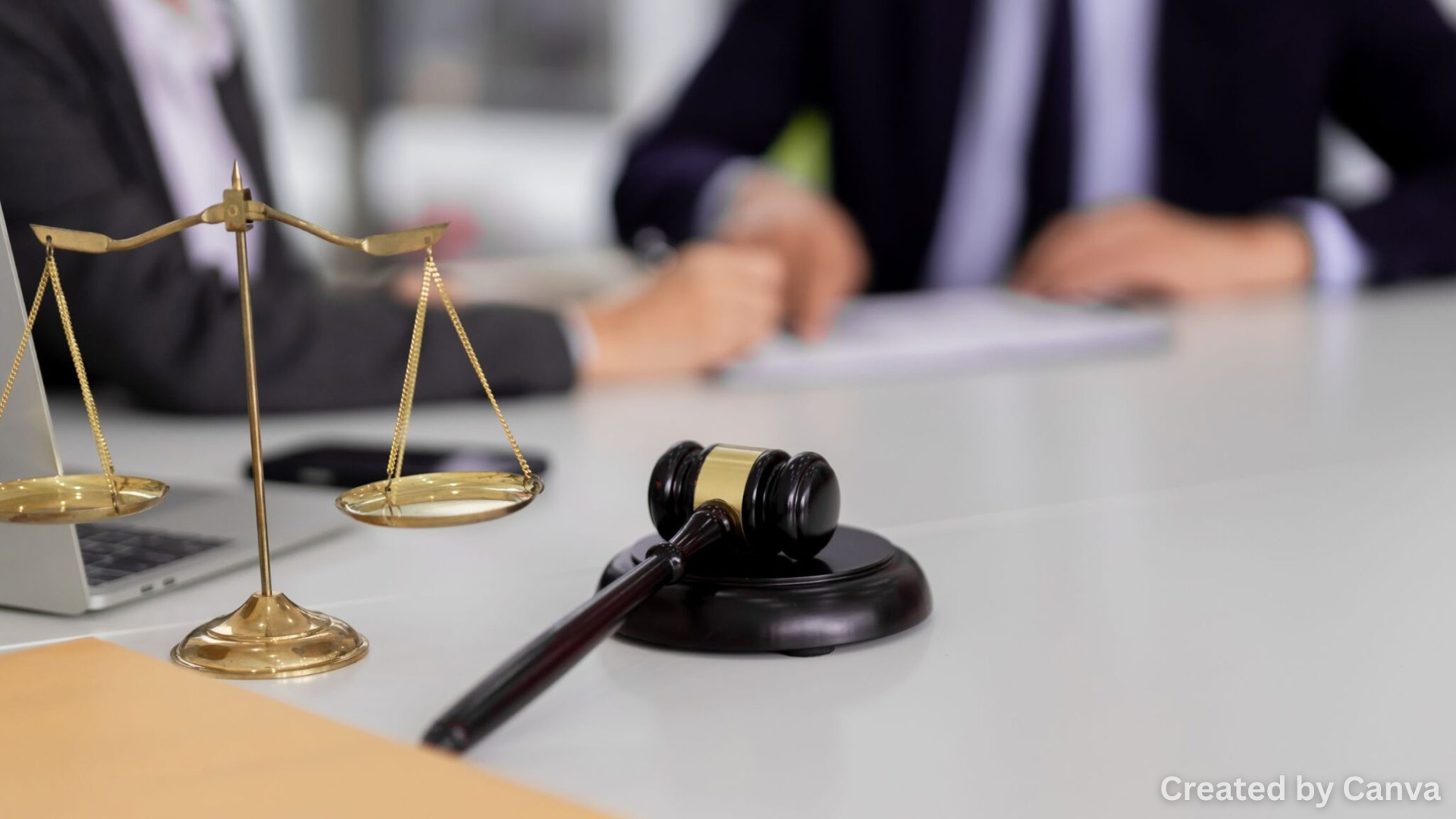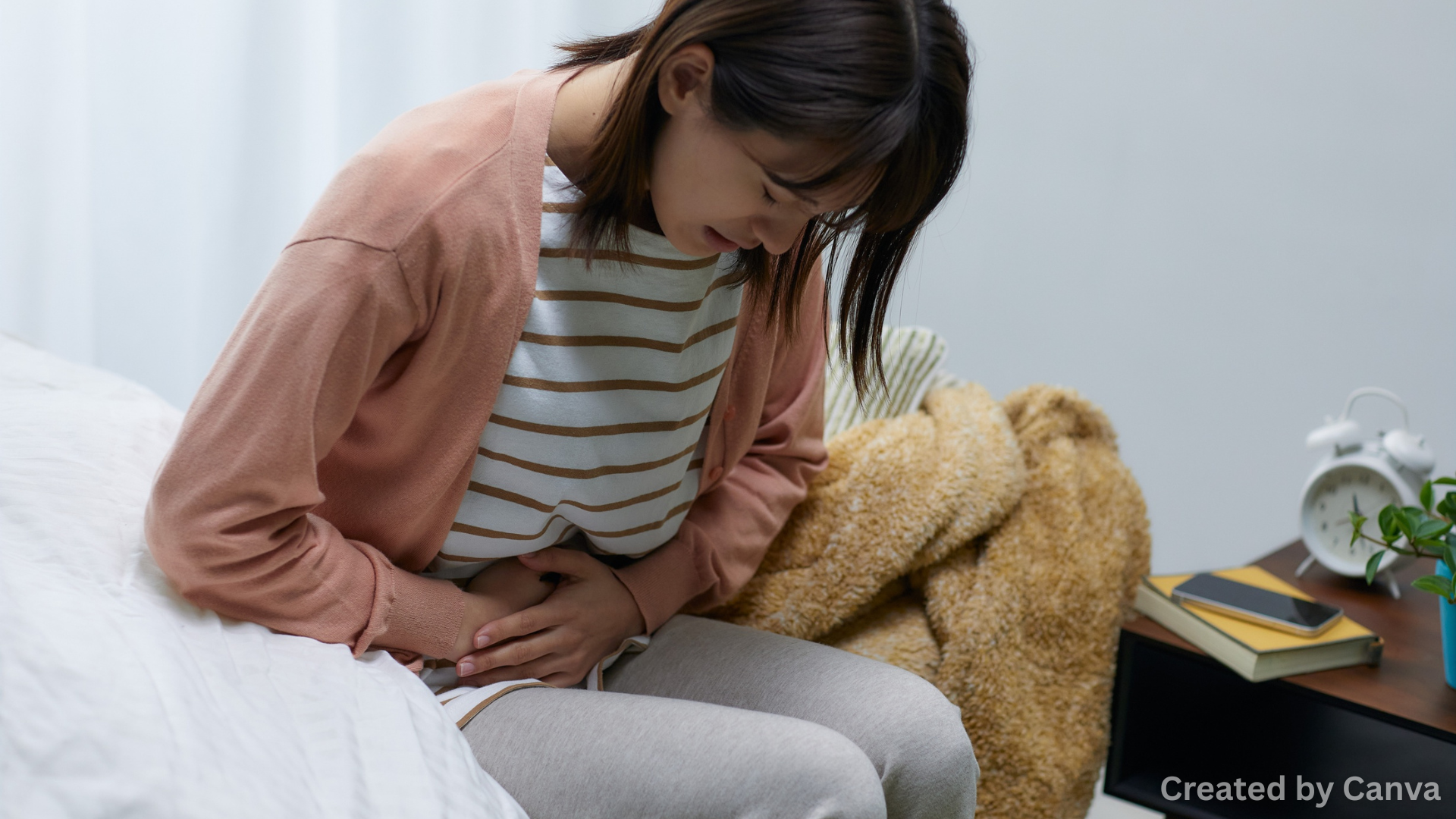If you’ve been injured due to someone else’s negligence and are seeking compensation, you may be wondering what is Personal Injury Protection? Personal Injury Protection (PIP) is a type of auto insurance coverage – often called “no-fault” insurance – that helps pay for your own injuries and related expenses after a car accident, regardless of who caused the crash.
In essence, PIP covers medical bills and lost wages for you and your passengers if you’re hurt in an accident, without waiting to determine fault. This coverage is required by law in some states (typically those with no-fault insurance systems) and optional or unavailable in others. Personal Injury Protection is meant to ensure accident victims can quickly get compensation for immediate costs like medical treatment and income loss, up to the limits of their policy, no matter who was at fault for the collision.
What Is Personal Injury Protection (PIP) And What Does PIP Insurance Cover?
PIP insurance kicks in after an auto accident to cover a range of economic damages for the insured driver and others covered by the policy. Unlike liability insurance (which pays for injuries or damage you cause to others), PIP pays for your own injury-related costs (and those of your passengers or family members in the car), even if you caused the accident. This first-party coverage is designed to pay benefits quickly without lengthy fault investigations. Key expenses that PIP typically covers include:
- Medical Expenses: PIP will pay for reasonable and necessary medical bills resulting from the accident, such as ambulance transport, hospital visits, surgeries, X-rays, medications, rehabilitation, and even chiropractic or dental care. If you’re injured as a pedestrian or cyclist hit by a car, your PIP can cover those medical costs as well.
- Lost Wages: If your injuries cause you to miss work, PIP can reimburse a portion of your lost income up to the policy’s limits. For example, some states’ PIP will pay a percentage of your wages or a set amount per week during your recovery. This helps replace lost earnings while you heal.
- Household Services: PIP may cover the cost of substitute services you can’t perform due to your injuries. This can include hiring help for childcare, cleaning, yardwork, or other household tasks that you normally handled before the accident.
- Funeral or Death Benefits: If a covered individual dies from accident-related injuries, PIP provides a death benefit to their survivors. This often helps pay for funeral and burial expenses. Some policies also pay a small lump sum to the family as a survivor’s benefit.
Importantly, PIP benefits are paid regardless of fault. Even if another driver caused the crash, you would file a claim under your own PIP policy for these covered losses, rather than immediately pursuing the at-fault driver. In fact, in “no-fault” states, drivers must first turn to their own PIP coverage for injury claims, and lawsuits against the at-fault driver are restricted unless injuries are severe. PIP is intended to streamline compensation for minor injuries and reduce litigation over small claims.
What Personal Injury Protection Does Not Cover
While PIP is broad, it doesn’t cover everything. Notably, Personal Injury Protection applies only to personal injuries and related costs, not vehicle damage or other property damage. For example, PIP won’t pay to repair your car – you’d need collision coverage for your own vehicle or the other driver’s liability insurance if they were at fault. Some key exclusions and limitations of PIP include:
- Property Damage: Damage to vehicles, guardrails, buildings, or other property is not covered by PIP.
- Non-Economic Damages: PIP typically does not cover pain and suffering, emotional distress, or other non-monetary damages. PIP benefits compensate only economic losses like medical bills or lost income. This means you cannot claim pain and suffering through PIP; recovering those damages requires a liability claim or lawsuit against the at-fault driver (and in no-fault states, only if injury severity thresholds are met).
- Injuries Outside of Car Use: PIP covers injuries from car accidents. It generally won’t cover unrelated injuries or accidents (e.g. if you injure yourself at home or at work, your auto PIP isn’t applicable). It also doesn’t cover injuries in incidents not involving the covered vehicle (though pedestrians and cyclists hit by a car can be covered by the driver’s PIP).
- Intentional Acts & Criminal Conduct: No insurance will cover intentional harm. PIP policies exclude accidents caused intentionally by the insured, and often exclude injuries sustained during the commission of a felony by the insured driver. For instance, if someone intentionally crashes their car or is injured while fleeing police, PIP can deny coverage for those injuries.
- Policy Limit Exhaustion: PIP will only pay up to the coverage limits you purchased. If your medical bills or lost wages exceed your PIP limit, the policy won’t cover the excess amount. You would then need to use health insurance or pursue a claim against the at-fault driver for additional compensation once PIP is exhausted. Many states set relatively low minimum PIP limits (like $3,000 or $5,000), so serious injuries can quickly use up PIP benefits.
Finally, Personal Injury Protection is not a replacement for liability insurance. Drivers in no-fault states still must carry liability coverage for more serious accidents that exceed PIP limits or meet legal thresholds. And if you cause a crash that injures others, your bodily injury liability insurance, not your PIP, will pay for those third-party injuries in most cases. Think of PIP as **coverage for **you (and your passengers), whereas liability insurance covers others you might harm.
PIP Insurance Requirements by State
Auto insurance laws vary widely across the U.S., so Personal Injury Protection is mandatory in some states, optional in others, and not available at all in many states. Generally, states fall into three categories:
- No-Fault States (PIP Required): These states have no-fault auto insurance laws that require drivers to carry PIP coverage. If you’re injured in an accident in a no-fault state, you will turn to your own PIP policy first, and your ability to sue an at-fault driver is limited by law.
- At-Fault States with Optional PIP: Some states allow drivers to purchase PIP as an add-on but do not require it.
- At-Fault States Without PIP: Many states do not offer PIP at all and instead rely on liability insurance and health insurance to cover injuries.
Each state sets its own minimum PIP coverage limits and rules, so it’s essential to check your state’s regulations to understand your coverage options.
Personal Injury Protection’s Role in Personal Injury Claims
For those pursuing a personal injury settlement after a car accident, Personal Injury Protection coverage has important legal implications. In no-fault states, lawsuits for pain and suffering are often restricted unless injuries meet a certain severity threshold. In at-fault states where PIP is optional, PIP benefits can provide quick financial relief while an injury claim is processed against the at-fault driver.
Additionally, PIP payments may be deducted from settlements in some states, meaning that if your PIP covered $10,000 in medical bills, the at-fault driver’s insurer may subtract that amount from your total settlement. This prevents “double dipping” in compensation claims.
Understanding how Personal Injury Protection interacts with personal injury claims is crucial for maximizing your settlement and ensuring that all medical expenses and lost wages are properly accounted for.
Final Thoughts on Personal Injury Protection Insurance
Personal Injury Protection insurance is a valuable safety net that ensures accident victims receive timely compensation for medical expenses and lost wages, regardless of fault. However, its availability and requirements vary by state. If you’re unsure whether you need PIP coverage, consider your state laws, your financial situation, and the potential benefits of having PIP in place. Whether required or optional, Personal Injury Protection can provide essential financial protection following a personal injury claim.
